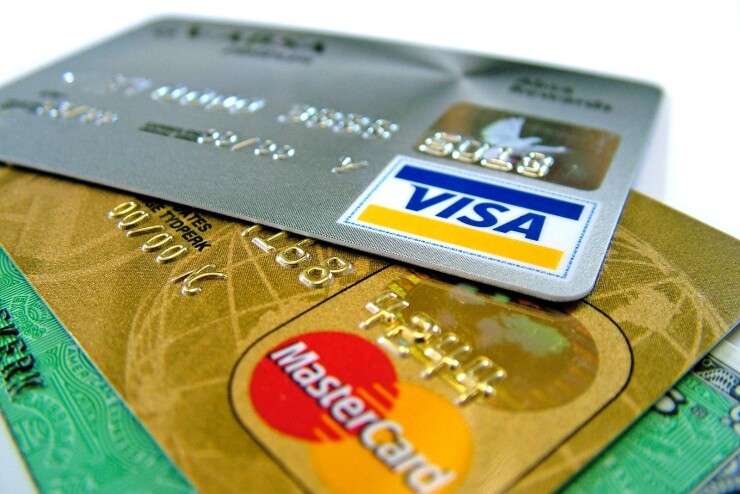Receiving Wide Coverage ...
One for all
European Union finance ministers want a centralized, independent agency to supervise anti-money-laundering compliance throughout the bloc, the Wall Street Journal reports. Such supervision is now largely handled on a country-by-country basis. “The push comes amid a wave of
However, “Eurozone finance ministers failed to agree on plans to accelerate the introduction of a bloc-wide banking union, casting doubt over completion of the project,” the Financial Times notes. “As part of the plan Germany proposed to introduce a deposit insurance scheme, but this was met with opposition from Italy, among other member states. The setback illustrates the risk that euro area reform will get bogged down in
Wall Street Journal
Keeping it fluid
Treasury Secretary Steven Mnuchin told House lawmakers “he is working closely with the Federal Reserve to make sure there are ample reserves, or deposits banks keep at the Fed, following funding strains in money markets in September. Mr. Mnuchin said the Treasury is also working with bank regulators to review whether regulatory issues contributed to the interest-rate spike. The agency is also looking at the timing of corporate tax payments, which drained cash from the banking system at the same time that large Treasury debt auctions settled.”
“We’ve talked in our weekly meeting [about] making sure the Fed is
Worth its weight
Some of the largest U.S. banks have started “to add metal to some of their credit cards with the idea that the

“At least 20 types of credit cards in the U.S. contain metal, including offerings from JPMorgan Chase, Citigroup, Wells Fargo” and Capital One. “More than 32 million metal credit cards are in circulation world-wide, up from around five million five years ago. While that is a tiny fraction of the four billion credit cards in circulation,” the number of metal cards is expected “to quadruple in the next two years.”
Financial Times
Owe Canada
“Canada’s biggest banks are facing
Going for the green
The European Banking Authority said Friday it would “examine how green projects might be given
Washington Post
Little diversity
Banks show “slow progress” in
“At TD Bank, there was one black woman among 72 senior executives in 2015. There were no black women in its top ranks last year out of 42 senior executives overall. In 2018, the data showed BNY’s U.S. executive tier, made up of 14 people, was all white, except for one Asian man. The bank has since added two black executives.” The paper offered a summary for the other banks as well.
Quotable
“I can assure you this is something that FSOC [the Financial Stability Oversight Council] is





